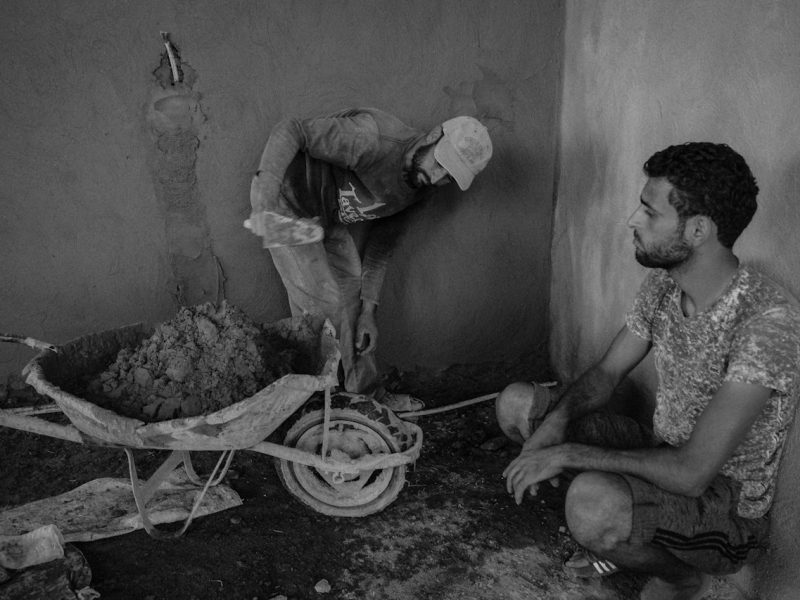Dear boys and girls, dear teachers, good morning and welcome!
I am glad that you responded enthusiastically to the invitation of the National
Network of Schools for Peace. Thank you for coming! And thank you to all those
who organized this meeting, especially Dr. Lotti.
I congratulate you, students, and your educators on the rich programme of
activities and training you have undertaken, which will culminate with the
Perugia-Assisi March in May next year, where you will have the opportunity to
present the results of your work and your proposals.
Assisi has now become a world centre for the promotion of peace, thanks to the
charismatic figure of that carefree and rebellious young man from Assisi named
Francis, who left his family and riches to follow the Lord and to marry Madonna
poverty. That young dreamer is still a source of inspiration today for all that relates
to peace, brotherhood, love for the poor, ecology and economics. Throughout the
centuries, Saint Francis has fascinated many people, just as he has fascinated me
too, who as Pope chose to take his name.
Your educational programme “For Peace, with Care” is intended as a response to
the call for a Global Educational Covenant, which I addressed three years ago to all
those who work in the field of education, to appeal to them to promote “the values
of care for others, peace, justice, goodness, beauty, acceptance and fraternity”
(Video Message of 15 October 2020). And I am happy to see that not only schools,
universities and Catholic organizations are responding to this call, but also public,
secular and other religious institutions.
For there to be peace, as your motto so aptly puts it, one must “care”. We often talk
about peace when we feel directly threatened, as in the case of a possible nuclear
attack or a war being waged on our doorstep. Just as we take an interest in the
rights of migrants when we have some relative or friend who has emigrated. In
reality, peace always concerns us, always! Just as the other, our brother and sister,
always concern us, and we must take care of him or her.
A quintessential model of caring is that Samaritan of the Gospel, who rescued a
stranger he found wounded along the road. The Samaritan did not know whether
the unfortunate man was a good person or a scoundrel, whether he was rich or
poor, educated or ignorant, a Jew, a Samaritan like himself or a foreigner; he did
not know whether he had “brought that misfortune on himself” or not. The Gospel
says: “When he saw him, he had compassion” (Lk 10:33). He saw him and had
compassion. Others before him had also seen the man, but had continued on their
way. The Samaritan did not ask himself so many questions, he followed the
movement of compassion.
In our time too, we can encounter valid witness of people or institutions who work
for peace and take care of those in need. Think, for example, of those who have
received the Nobel Peace Prize, but also of the many unknown people who work
silently for this cause.
Today I would like to recall two witnesses. The first is Saint John XXIII. He was
called the “good Pope”, and also the “Pope of peace”, because in those difficult
years of the early seventies, marked by strong tensions – the building of the Berlin
Wall, the crisis in Cuba, the Cold War and the nuclear threat – he published the
famous and prophetic Encyclical Pacem in terris. Next year will be its sixtieth
anniversary, and it is very timely! Pope John addressed all men of good will, calling
for the peaceful resolution of all wars through dialogue and disarmament. It was an
appeal that received a great deal of attention in the world, far beyond the Catholic
community, because it grasped a need of all humanity, which still exists today. This
is why I invite you to read and study Pacem in terris, and to follow this path to
defend and spread peace.
A few months after the publication of that Encyclical, another prophet of our time,
Martin Luther King, Nobel Peace Prize winner in 1964, delivered the historic speech
in which he said: “I have a dream”. In an American context strongly marked by
racial discrimination, he had made everyone dream with the idea of a world of
justice, freedom and equality. He said: “I have a dream: that my four little children
will one day live in a nation where they will not be judged by the colour of their
skin, but by the content of their character”. […]




